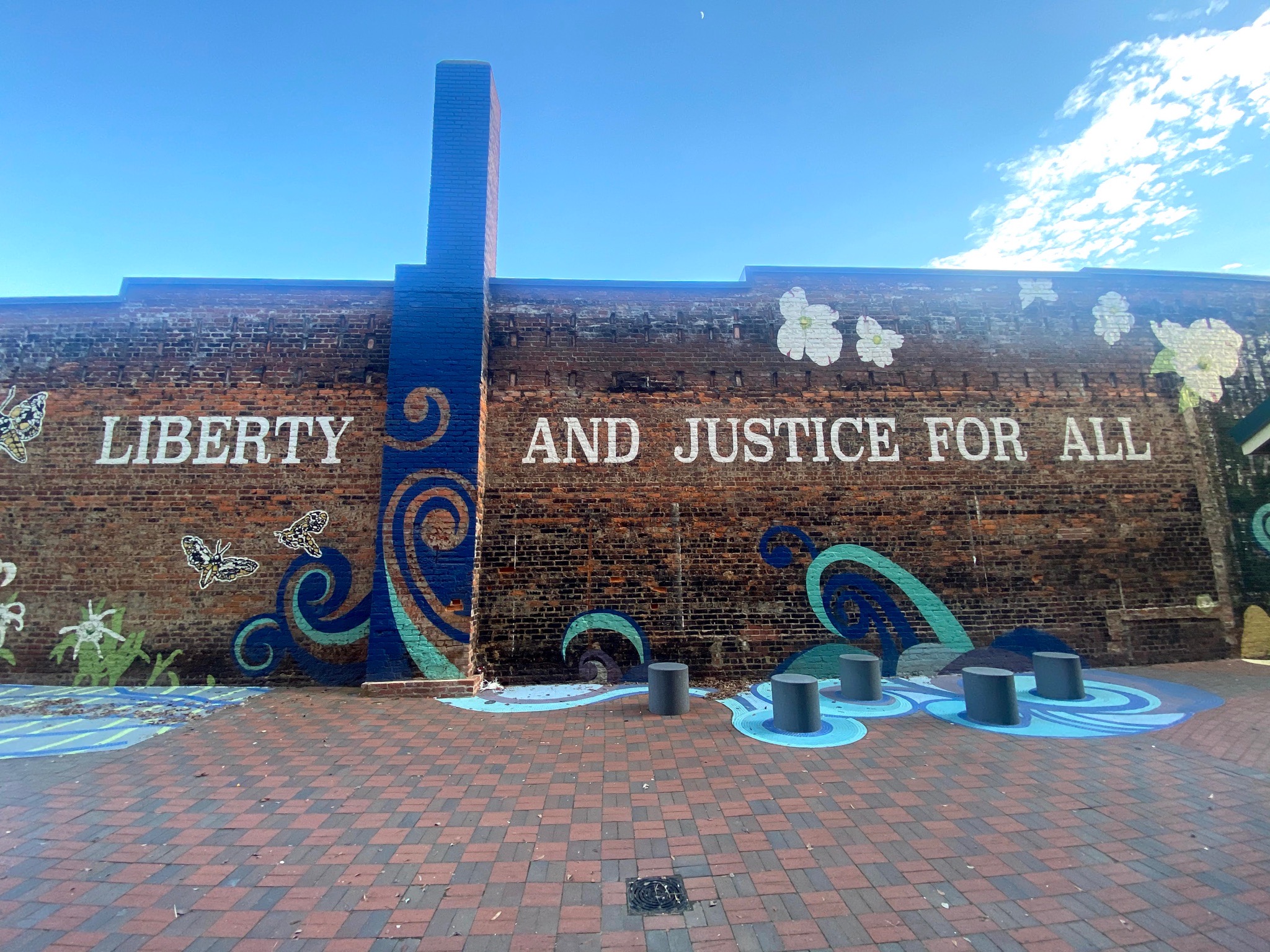Three Winthrop professors are working together to provide instructional materials for fifth grade teachers that focus on African American healthcare professionals, inventors and scientists as a result of a $10,000 grant from the South Carolina Department of Education.
Modern pedagogy emphasizes the belief that curriculum must contain representation of all students according to race, culture and lifestyle in order to create a positive learning environment. History curriculums, however, especially in the south, lack thorough representation of African American students.
“When you look at what’s called the master narrative, which is kind of the big narrative of US history and how it’s currently taught, it is still very much a white man’s history and the people who are not rich white men show up only whenever they disrupt what the white men want to do. For example, [current curriculum] teaches about slave uprisings such as the Stono Rebellion in South Carolina history, because enslaved people broke away and killed white people,” said Dr. Margaret Gillikin, a member of the team and assistant professor of social studies education.
“By highlighting successful, innovative, creative African Americans, we flip that narrative, and that teaches students that African Americans are not troublemakers… most people can’t name African Americans who have been inventors, scientists or doctors, but we can all name white people in those categories… if you look at Edison, there was actually an African American that was doing the same stuff at the same time. If you look at Amelia Earhart, there was actually an African American that was doing the same thing at the same time… a lot of times African Americans are left out of that narrative.”
It is imperative that all students be able to see themselves within the triumphant historical figures taught in the classroom and this can only be accomplished when everyone’s history is taught. Teaching the history of slavery is important because students must understand the evils of racism, but they must also learn about people with their same skin color who were in high places of science, mathematics and other areas of marginalized academia.
“My perspective in the grant is the idea that science should be something everybody feels invited and welcomed into,” said Dr. Richard Cox, a member of the team and an assistant professor of elementary education.
“I’m trying to make sure that we get a wide variety of both male and female people of color…we’re trying to make sure that we’re representing South Carolina as well as the rest of the nation, when we choose our people to study. We have these books that do highlight both men and women as scientists and inventors, and we’ll probably buy those for participants… we didn’t want the focus to only be on slavery. We wanted to get beyond slavery and have a focus on innovators and scientists. People of color were the ones doing the work during slavery. They came up with a lot of the ideas and inventions during those times but did not get credit for it because they could not file a patent.”
Allotting inclusive curriculum materials to fifth grade teachers is done through an application process that accepts nine fifth grade teachers, who, if accepted, “will work together in groups of three to design three inquiry units covering themes of economic advancements and social and cultural development,” according to winthrop.edu.
This initiative was started in 2019 and was actually benefited by the pandemic.
“We had to finish it all online, which was a challenge, but we were able to take a lot of the money that we did not spend on food and use it to buy teachers more books,” said Dr. Joy Stapleton, a member of the team and an associate professor of elementary education.
“Each teacher got like 27 books about African Americans and we thought that was really great even though we had already given them a fair number of books as part of the grant… we will access not only Rock Hill and Fort Mill and our partnership areas like the Rec Center, but we also sent it out through the state through the social studies people at the state level, as well as the South Carolina social studies group… The good news about us being stuck at home and online is it doesn’t matter where they live, anyone can participate. Before the pandemic, we had to really keep it local since meetings were on campus.”
Thanks to the work of Gillikin, Stapleton and Cox, fifth grade teachers across the state and in surrounding areas will have the opportunity to teach a curriculum that helps every student feel celebrated and represented in their history books.
Photo by Kaily Paddie




